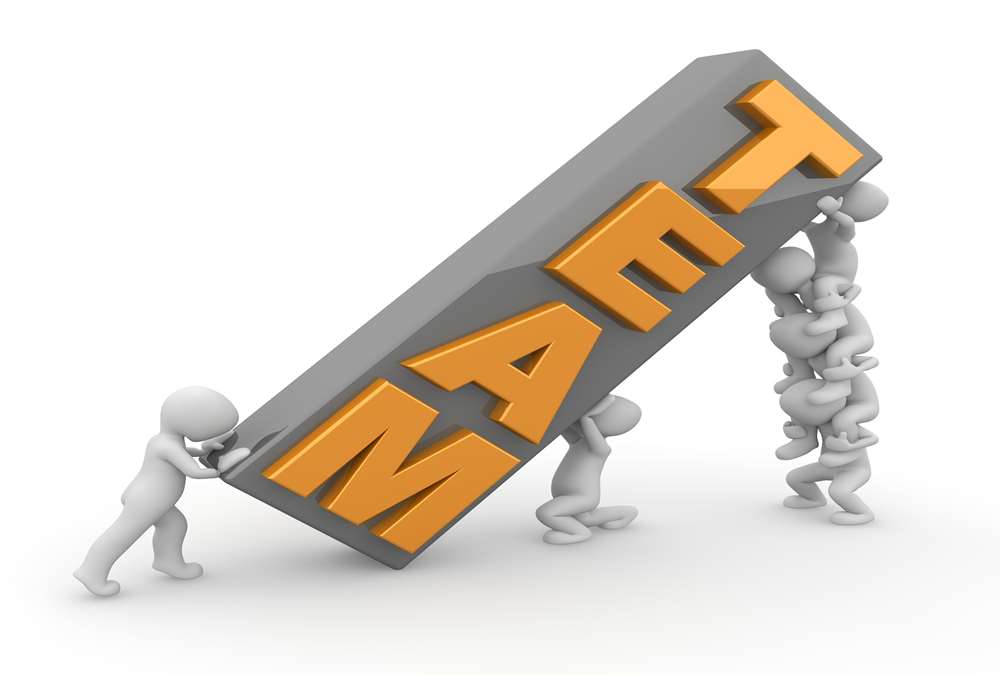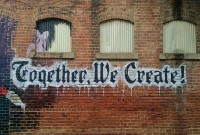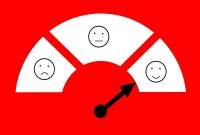- Home
- Business Processes
- Industry Knowledge
- Aerospace Industry
- Automotive Industry
- Banking Domain
- BFSI Industry
- Consumer/ FMCG Industry
- Chemicals Industry
- Engineering & Construction
- Energy Industry
- Education Domain
- Finance Domain
- Hospitality Domain
- Healthcare Industry
- Insurance Domain
- Retail Industry
- Travel and Tourism Domain
- Telecom Industry
- Leadership Skills
- eLearning
- Home
- Leadership Skills
- Team Leadership
- Team Foundation in Forming Stage
Team Foundation in Forming Stage
This is the first stage of team development. This is the stage when the foundation of the team is laid. During the Forming stage, team members have a high dependence on their leader for guidance. Learn the practical strategies you can use during this stage to help your team develop into a highly effective performing team.
Good team development begins on day one and forming is the “Getting to Know You” stage. You can compare this stage with your first day at school as a child, or perhaps with your first day on a new job. Some obvious behaviors are; everyone is polite, overly cautious, and generally doesn't know what to expect. This is the first stage of group development – Forming where the team members are trying to get to know one another and getting comfortable with one another.
Establishing Roles and Responsibilities
In the Forming stage, the team comes together and members try to know each other and establish a common understanding and formulate roles and responsibilities. Team members may be excited and enthusiastic, but they may also be anxious. In this stage, the members try to explore and understand the behavior of the team members. They make their efforts in understanding the expectations of the peer team members, are polite, and exploring how to gain acceptability and fitment into the team. Because everything is new there is a fair amount of confusion and anxiety as members are naturally trying to understand their own roles, the roles of the other team members, and their purpose in the group. This is entirely natural and to be expected. People are unsure, suspicious, and nervous. Productivity might be low as people try to put their best foot forward.
Exploration by Members
It takes time for any new team to become a cohesive unit, “Forming” starts with lots of exploration as group members get to know one another. Think of this stage as an exploration period in which individual roles and responsibilities are being sorted out. In this stage, team members are generally enthusiastic and motivated by a desire to be accepted. They're typically very polite to each other and trying to figure out similarities and differences with others. First impressions play a key role as people try to figure out the similarities and differences. Issues that may arise are questions of whether each person feels like they belong to the group, whether other members can be trusted, and who is in charge.
Orientation is the most important task in the forming stage and members are looking towards the leader to provide the required direction. During the Forming stage, team members have a high dependence on their leader for guidance and the leader's task is directing, so that the group can get coordinated in their efforts.
Setting Operational Structures
This is also a good time to look at how the group is organized because the group has not yet molded into a strong, effective unit, therefore it's still relatively easy to reorganize the group if required. It's also helpful to set group ground rules, which are expectations about how work will be done, decisions will be made, and how people will treat each other. In short, the leader has a wonderful opportunity to be sure that the right people are in the right place using the right process. “Forming” stage is usually short, and sometimes may only last for a single meeting where the team members get introduced.
Forming an effective and cohesive team is fundamental to the overall success of the team and pulling the right team together from the start has benefited far beyond just completing tasks on time. Now we will focus on different strategies for dealing with issues that may arise during the first stage, “Forming”. You'll learn strategies for selecting high-performing team members most suited for your project or team, as well as recommendations for performing proper introductions, clarifying team purpose and context, and making sure team members understand their responsibilities. As a leader, you can use several strategies during this stage to build an effective team.
Tips for Forming Stage - Leaders:
Suggestions for the Team Leader/Member in this stage:
- Search out the people in your organization with the necessary skills and the time to be part of your team
- Provide team structure
- Ensure that members feel comfortable and knowledgeable about the group
- Give clear information on the project and goal or ask for clarity
- Clarify roles and responsibilities
- Clarify the team's goals and outline the planned schedule
- Clarify the individual role and how they will be contributing to the overall accomplishment
- Build enthusiasm by talking about why the group will be successful
- Promote an open and supportive environment
- Encourage relationship building
- Practice constructive team behaviors
- Educate about phases of team development – this will make it easier to move out of more difficult phases.
Characteristics of the Forming Stage:
- Exploration - Trying to know each other
- Focused - Trying to understand similarities and differences
- Confusion/Anxiety - Trying to gain acceptability
- Lower productivity – Everyone trying to put their best foot forward
- Leadership – Generally directive to set the tone
- Risk: Avoidance of conflict
- Learning: Gaining understanding about opportunities and challenges
- Excitement: Motivation and excitement about the project.
Related Links
You May Also Like
-
Teams are certainly very relevant and important elements in today’s high-performance organization but the important thing to remember as a leader is that we can’t simply rely on putting highly effective individuals together to make a highly effective team. Empowerment increases the effectiveness of the team and drives many intangible benefits both for the organization and the employees.
-
Stress is an essential part of our life. No one can live without stress. Stress can be beneficial as well as harmful. Stress as a positive influence adds excitement and hope while as a negative influence it can result in destructive feelings, anger, and depression. Although the general orientation to stress is to consider unfavorable outcomes, yet one must have observed that stress experiences may also facilitate the development of effective and varied coping behavior, increased personal resources, and lead to a sense of competence in development. Stress at a moderate level is not only inevitable but may be useful for physical and mental well-being.
-
Share Information with Your Team
Willingness to share information is the most critical and the very first step in the Journey to employee empowerment and team development. People cannot make good technology or business decisions without information. They need to understand the purpose behind what they are doing and connect with the big picture. People with information feel the need to take the risk of making decisions that enable business growth.
-
Generating Ideas using Brainstorming
The brainstorming technique was developed by Alex F. Osborn in 1957 and brainstorming means where a team of members generates a large amount of alternative fruitful ideas on a specific problem without any criticism and then evaluates each idea in terms of their pros and cons. Brainstorming techniques fall into four broad categories: visioning, exploring, modifying, and experimenting.
-
A manager or an employee in an organization who is experiencing a high level of stress may develop high blood pressure, ulcers, irritability, difficulty in making routine decisions, loss of appetite, accident proneness, and the like. These can be subsumed under three general categories, physiological, psychological, and behavioral symptoms. Stress can give rise to a number of changes.
-
Narrative leadership is interpreted as the leader who aspires to construct leadership by telling stories. Leadership is a task of persuasion, of winning people’s minds and hearts. Storytelling is thus inherently suited for the task of leadership. Learn about the narrative leadership style and how to use this style to inspire and motivate followers or to manage change.
-
Many people think communication is easy. It is said that communication can never be a hundred percent complete. Many factors are involved in the process of communication and something can always go wrong with one or more of these. It becomes difficult and complex when we put barriers in communication. Recognize barriers to interpersonal communication and examine specific strategies for overcoming those barriers.
-
Collaborative leadership is all about collaborative problem-solving and decision-making or can also be defined as the leadership of a collaborative effort. . The term started to appear in the mid-1990s in response to the formation of long term public-private partnerships to rebuild public infrastructure. Learn how you can use principles of collaborative leadership to enhance your leadership skills for being an effective leader.
-
Have you ever noticed how we express ourselves or interact with each other? Have you ever wondered what communication is and what role it plays in our lives? One may wonder if communication is so omnipresent and integral to our lives, why study communication at all? We need to study communication because it is a complex process that consists of many elements and is also beset with a number of barriers and there is a need to remove the barriers so that the communication process is effective.
-
Team Development by Building Trust
As your team begins to work together, you need to establish a way each team member can exchange ideas and build mutual trust. Successful groups are built on trust and collaboration. A free exchange of ideas, in an open environment, will allow your team to get to know each other and enable you to check on how they work together. Learn some tips to help build team trust and establish personal bonds.
Explore Our Free Training Articles or
Sign Up to Start With Our eLearning Courses

About Us
Learning
© 2023 TechnoFunc, All Rights Reserved










